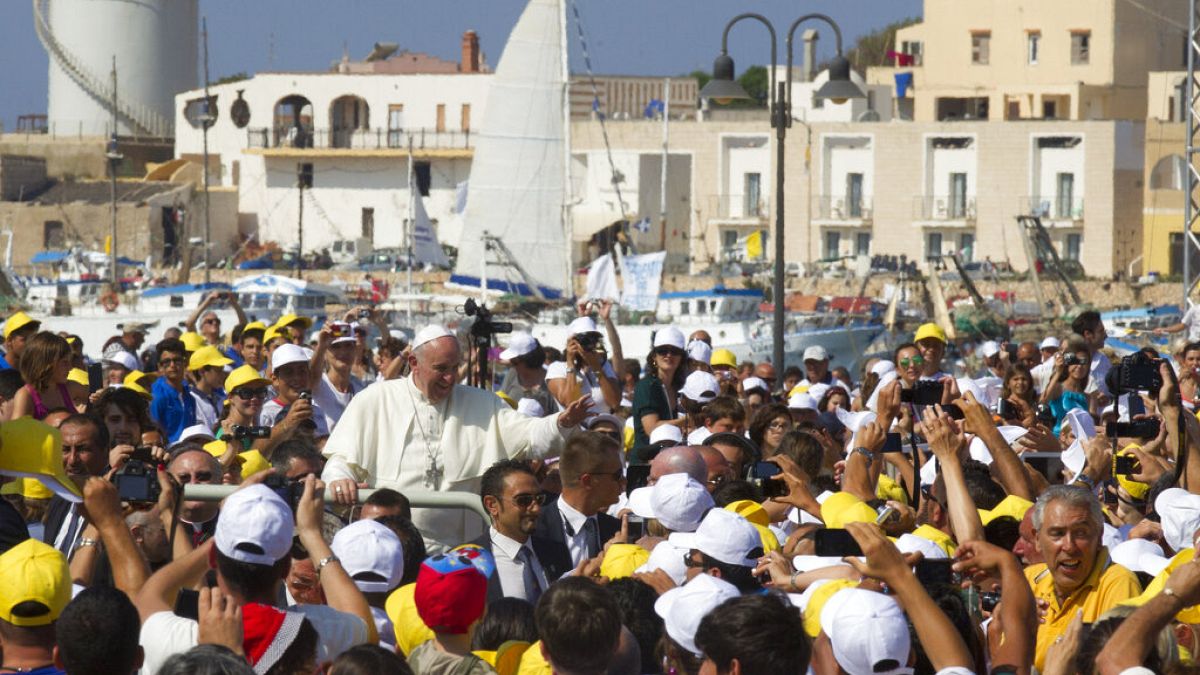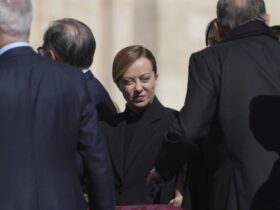Pope Francis, who devoted himself to poor, immigrants and environmental issues, was interested in the most unfavorable sections during the papacy. Was he really so progressive?
The Argentine pope, who died at the age of 88 on Monday, made his first visit to Lampedus Island in Italy July 8, 2013. Here he noted immigrants who died in the Mediterranean Sea and condemned “global indifference” against their fate.
The Swedish Social -Democratic Deputy Figure Evin stated in a statement by Euroneus: “He was a man of the world, he was in favor of human dignity, and people were poorly treated when immigrants were declared a goat of sin and demonized, he always raised his voice.”
Dad, nicknamed “Dad from the Poor”, increased his activities for those in need, inviting the homeless to dinner in the Vatican and starting the world of the poor day.
The president of the church, who is also interested in economic matters, condemned the “extremes of globalization”, the finances of “people under the feet” and “new paganism of money”.
The ecology was also located in the center of the papacy, which he devoted to his encyclopedic letter Laudato Si, published in 2015.
Human rights
Although Francis reveals the tradition of the blessing of marriage for gay -prais, religious marriage gates continue to be closed to them.
The sexual rights of women and reproductive rights were not largely included in the agenda of the pope.
During a visit to Belgium, Pope called his abortion doctors as “hired killers” and compared an abortion to the murder.
The Spanish deputy Lina Galvest on this issue: “The sexual and reproductive rights of women will not see that abortion will not put an end to abortion. It will only make abortion dangerous and will not be accessible to all women, ”he said.
“Thus, he was a man who fought against many inequality, but it seems that this gender inequality and the absence of women’s rights had no attention.”
In addition, women are still excluded from the priest. At the moment, Galvest, Deputy of the European Parliament, speaks of “missed opportunity.”
The following question remains: could not be reformed in the church or did not want to do this?












Leave a Reply